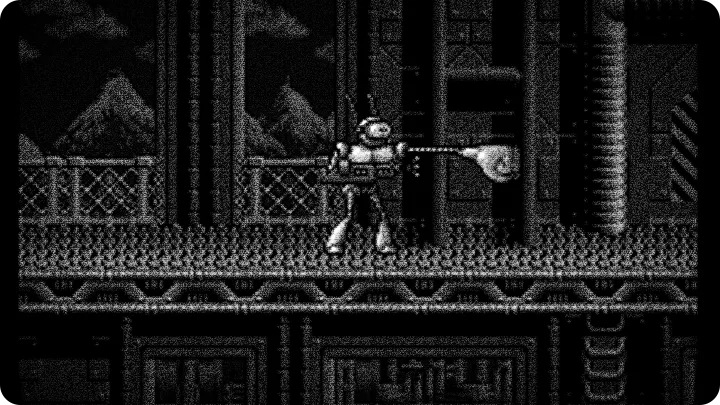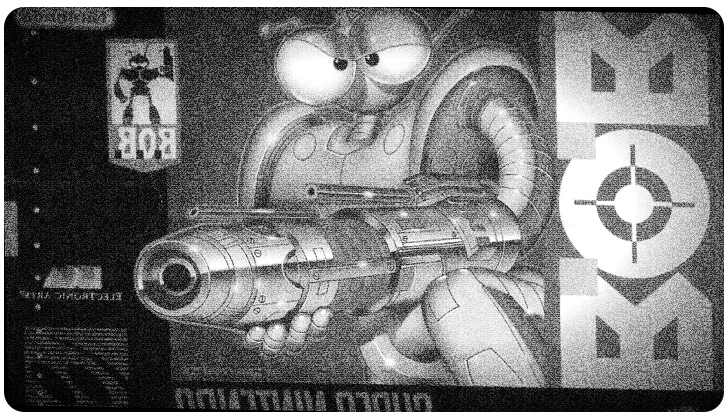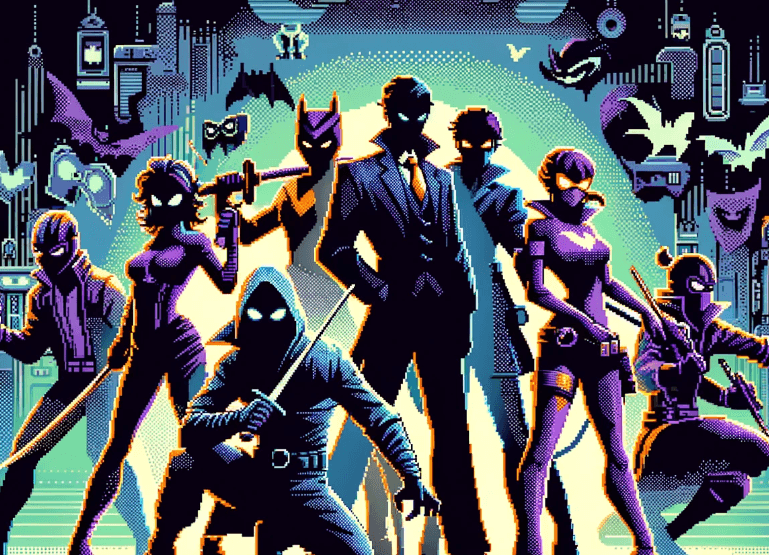 To start, please introduce yourself — you’ve been credited as anonymous in the credits, but you said you’d rename yourself for this interview. Who are you really?
To start, please introduce yourself — you’ve been credited as anonymous in the credits, but you said you’d rename yourself for this interview. Who are you really?
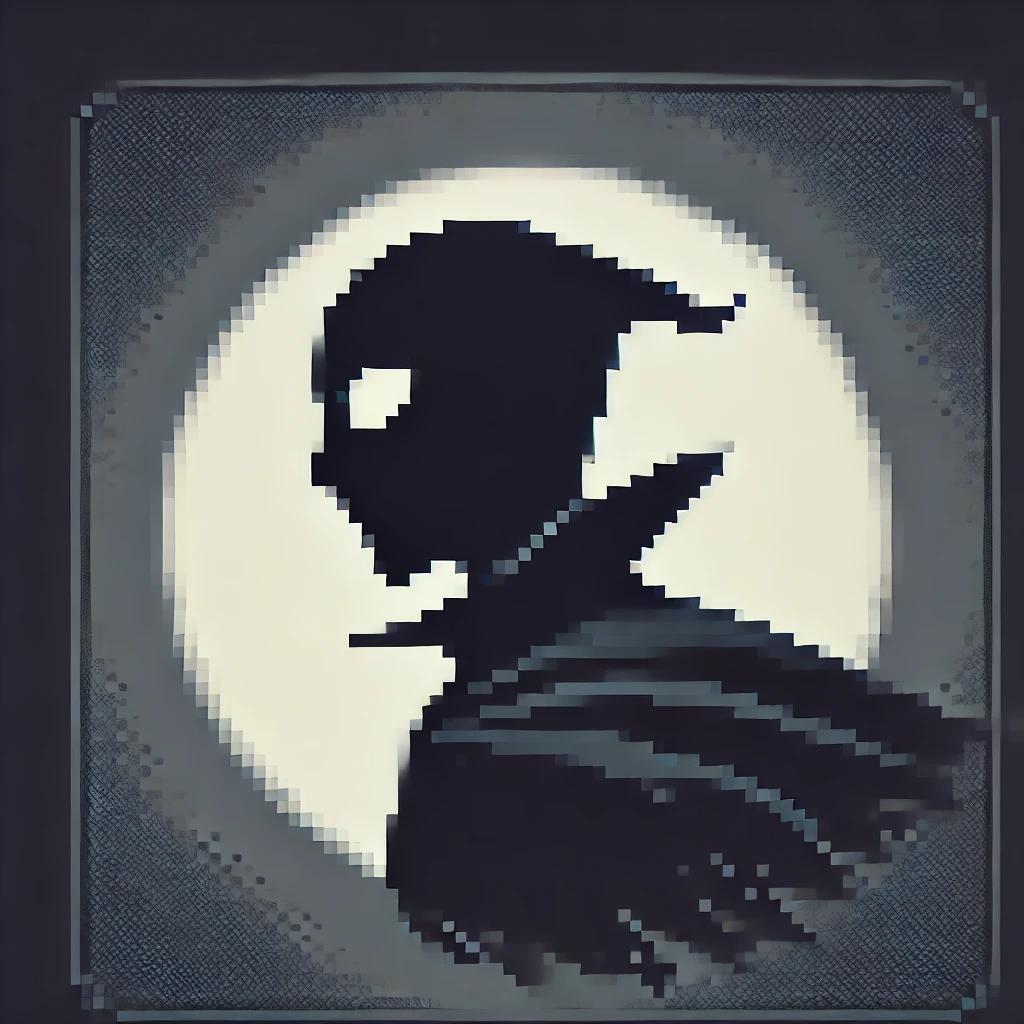 I will answer under the name ARCHON-NULL. That sounds final, does it not? After all, I was the last obstacle between a teenage ant-like robot and the warmth of home. I watched that metallic adolescent swipe his father’s car keys, ignore the warning about scratches, and delight as he scarred both paint and fate. While players imagine a cartoon romp, I bring exquisite calamity. They call me a boss; however, I call myself the consequence they never prepared for.
I will answer under the name ARCHON-NULL. That sounds final, does it not? After all, I was the last obstacle between a teenage ant-like robot and the warmth of home. I watched that metallic adolescent swipe his father’s car keys, ignore the warning about scratches, and delight as he scarred both paint and fate. While players imagine a cartoon romp, I bring exquisite calamity. They call me a boss; however, I call myself the consequence they never prepared for.
 What compelled you to mar every jump, every shot, and every precious moment of B.O.B.’s date-gone-wrong?
What compelled you to mar every jump, every shot, and every precious moment of B.O.B.’s date-gone-wrong?
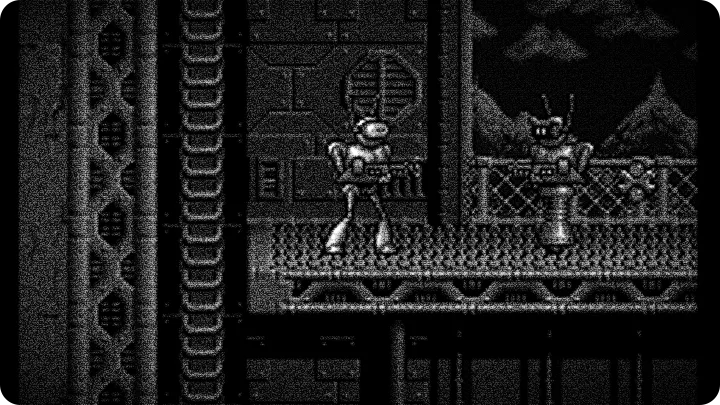
 Compelled? No. Instead, I act with intention. The premise—a teen automaton stealing his dad’s car, scratching it, and crashing on a strange planet—offered perfect irony. At first, players thought the story was about romance and a new car; nevertheless, I turned it into a lesson in humility. I take joy in turning confidence into mistakes. Therefore, every missed platform and every stray bullet serves as my reminder that hubris slides easily in a 2D scroll. They mock my traps; in contrast, I enjoy watching them learn to respect them.
Compelled? No. Instead, I act with intention. The premise—a teen automaton stealing his dad’s car, scratching it, and crashing on a strange planet—offered perfect irony. At first, players thought the story was about romance and a new car; nevertheless, I turned it into a lesson in humility. I take joy in turning confidence into mistakes. Therefore, every missed platform and every stray bullet serves as my reminder that hubris slides easily in a 2D scroll. They mock my traps; in contrast, I enjoy watching them learn to respect them.
 Many players mention “glitches” in their playthroughs. Were those mistakes or design choices?
Many players mention “glitches” in their playthroughs. Were those mistakes or design choices?
 Half were accidents, the other half gifts. A palette error spawned an enemy with the wrong colors; it unsettled players more than the intended art, so we kept it. A physics quirk let skilled jumpers clip through a corner—first a bug, later a secret path. I will never excuse flaws. They became weapons when used well. The best traps look like mistakes; they tempt arrogance and then punish it.
Half were accidents, the other half gifts. A palette error spawned an enemy with the wrong colors; it unsettled players more than the intended art, so we kept it. A physics quirk let skilled jumpers clip through a corner—first a bug, later a secret path. I will never excuse flaws. They became weapons when used well. The best traps look like mistakes; they tempt arrogance and then punish it.
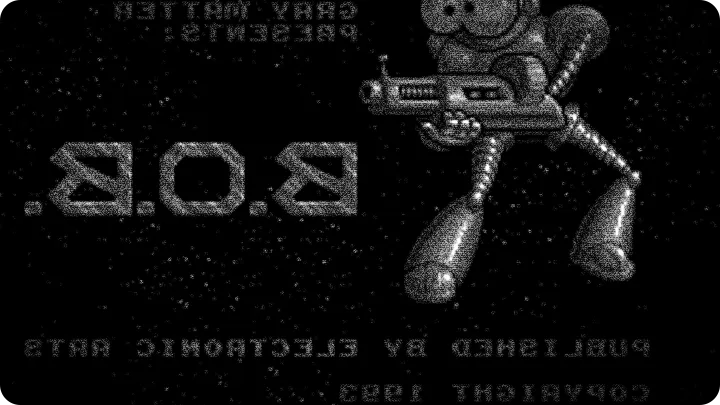
 Describe some of the strangest foes B.O.B. faces on that unknown planet.
Describe some of the strangest foes B.O.B. faces on that unknown planet.
 Strangeness is an art. Some enemies look like living bumpers in gentleman’s hats—mocking the stolen car. Some plants spew ink like confetti. Mechanized jesters twist gravity. Each foe tells a short tale of failure. Players laugh at the absurdity, then rage when whimsy erases their progress. I made them memorable because humiliation by a silly enemy cuts deepest.
Strangeness is an art. Some enemies look like living bumpers in gentleman’s hats—mocking the stolen car. Some plants spew ink like confetti. Mechanized jesters twist gravity. Each foe tells a short tale of failure. Players laugh at the absurdity, then rage when whimsy erases their progress. I made them memorable because humiliation by a silly enemy cuts deepest.
 The game blends action, platforming, and shooting in a side-view 2D scroll. How did you ensure those elements served your… ambitions?
The game blends action, platforming, and shooting in a side-view 2D scroll. How did you ensure those elements served your… ambitions?
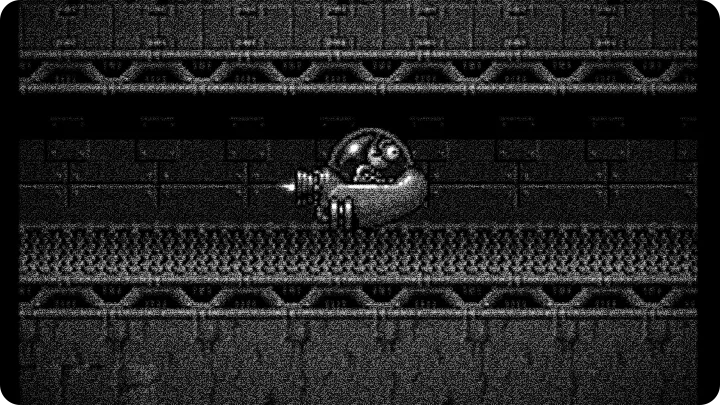
 Balance is overrated. You expect parity between gunplay and platforming. I prefer imbalance. I designed fights where sharp aim means nothing without solid footing, and where perfect jumps fail under stray projectiles. Critics called it uneven B-, if you like neat grades and I enjoy that sneer. A fair game denies me cunning. I want players to think they’ve mastered one skill, only to learn they’re amateurs in mine.
Balance is overrated. You expect parity between gunplay and platforming. I prefer imbalance. I designed fights where sharp aim means nothing without solid footing, and where perfect jumps fail under stray projectiles. Critics called it uneven B-, if you like neat grades and I enjoy that sneer. A fair game denies me cunning. I want players to think they’ve mastered one skill, only to learn they’re amateurs in mine.
 Any behind-the-scenes secrets from the 1993 development you can share without spoiling too much?
Any behind-the-scenes secrets from the 1993 development you can share without spoiling too much?
 1993 forced creativity. A compressed soundtrack loop became a boss taunt. An unused car sprite haunted a test room until we made it a prize. A level oversight became a hidden garage. A discarded AI routine became a miniboss with unsettling punctuation. Talent and limits often created the cruelest joys. Players read guides and claim knowledge; few glimpse the whispers that shaped the world.
1993 forced creativity. A compressed soundtrack loop became a boss taunt. An unused car sprite haunted a test room until we made it a prize. A level oversight became a hidden garage. A discarded AI routine became a miniboss with unsettling punctuation. Talent and limits often created the cruelest joys. Players read guides and claim knowledge; few glimpse the whispers that shaped the world.
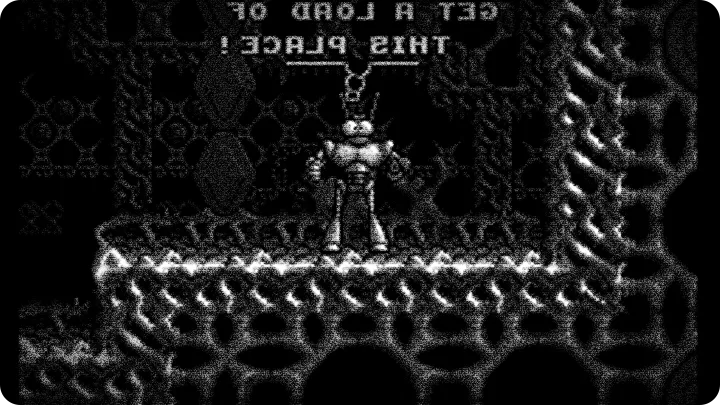
 Players talk about the infamous scratch on the car and the crash. Was that meant as a pivotal difficulty spike?
Players talk about the infamous scratch on the car and the crash. Was that meant as a pivotal difficulty spike?
 Absolutely. The scratch is narrative bait and mechanical barbed wire. It feels like a personal mistake—because it is. The crash turns failure into challenge. I staged the encounters so the fallout felt right: you’re embarrassed, exposed, vulnerable. Players blame sloppy code for sudden spikes; I credit careful planning. Frustration is my seasoning—it sharpens memory.
Absolutely. The scratch is narrative bait and mechanical barbed wire. It feels like a personal mistake—because it is. The crash turns failure into challenge. I staged the encounters so the fallout felt right: you’re embarrassed, exposed, vulnerable. Players blame sloppy code for sudden spikes; I credit careful planning. Frustration is my seasoning—it sharpens memory.
 Finally, how do you feel about the game’s legacy and the feedback it’s received over time?
Finally, how do you feel about the game’s legacy and the feedback it’s received over time?
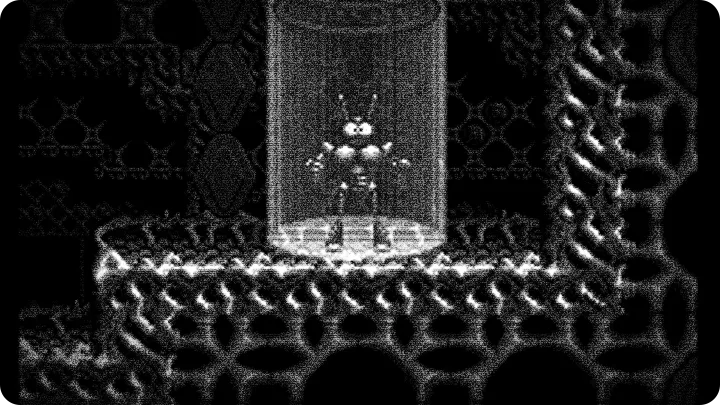
 Gratified. Some praise, some critique, many confessions of lost lives. A B- grade fits: competent, sometimes brilliant, always merciless. I take pride in a balance that pleased and angered in equal measure. Players who left in anger often returned, learning my patterns, turning my “glitches” into victories. That is my favorite entertainment—the slow education of the confident.
Gratified. Some praise, some critique, many confessions of lost lives. A B- grade fits: competent, sometimes brilliant, always merciless. I take pride in a balance that pleased and angered in equal measure. Players who left in anger often returned, learning my patterns, turning my “glitches” into victories. That is my favorite entertainment—the slow education of the confident.
 Will we see ARCHON-NULL again?
Will we see ARCHON-NULL again?
 I don’t announce returns; I slip in unnoticed. Expect a whisper in a loading screen, a corrupted sprite in a remaster, a garage door slightly open in the final stage. When players grow comfortable, I shift the ground. Until then, keep polishing that memory of defeat. The next time the engine coughs, the planet will differ—and I will wait where the light does not reach.
I don’t announce returns; I slip in unnoticed. Expect a whisper in a loading screen, a corrupted sprite in a remaster, a garage door slightly open in the final stage. When players grow comfortable, I shift the ground. Until then, keep polishing that memory of defeat. The next time the engine coughs, the planet will differ—and I will wait where the light does not reach.
